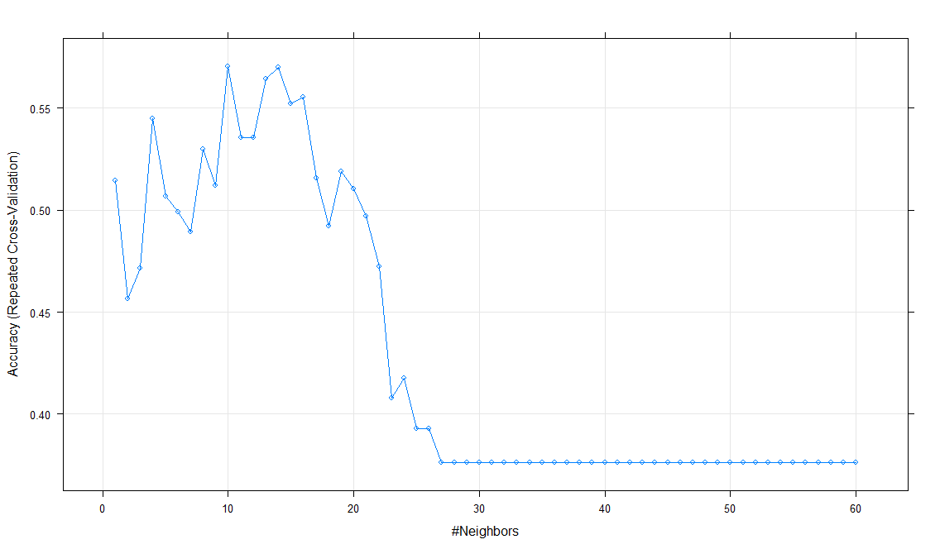Category: Parkinson's Disease: Neurophysiology
Objective: This paper aims at creating a computer-based diagnosis tool which can predict the classification of MCI and dementia in patients of Parkinson’s disease (PD) using transcranial magnetic stimulation (TMS) datasets with the help of different machine learning algorithms.
Background: Parkinson’s disease (PD) is a common neurodegenerative disorder associated with a broad spectrum of non-motor symptoms. Cognitive impairment of different severity and the eventual progression to dementia is known to be a common complication appearing at some point along the course of the disease. These early signs of cognitive deterioration are, in many cases, difficult to capture with common screening methods. TMS has become a unique tool to assess distinct intracortical circuits in the CNS and indirectly determine the function of GABAergic, and glutamatergic cortical circuits, respectively.
Method: Eighteen patients with PD (5 females and 13 males) along with 19 patients of PD with dementia (PDD) (2 females and 17 males), 14 PD with mild cognitive impairment (PD-MCI) patients (3 females and 11 males) and 12 healthy controls (4 females and 8 males) were recruited for this study. The severity of disease was assessed using the Unified Parkinson’s disease rating scale (UPDRS) in the “OFF” (12 hours off medication) and “ON” state. L-DOPA equivalent dose was calculated for each patient. TMS was done for all patients and a comprehensive computer model for the diagnosis of idiopathic PD, PD with MCI and PD with dementia based on TMS parameters using the K-nearest neighbours (KNN), Support Vector Machine (SVM), Decision Trees, Random forest and the K-means clustering algorithm was used.
Results: Two algorithms turned out to be highly accurate after the hyperparameter tuning namely, the Random Forest (91%), and the Extra Tree algorithm with 87% accuracy (Figure 1).
Conclusion: This paper presents a multimodal analysis of motor abilities of patients with PD considering machine learning architectures based on various algorithms. The proposed approach seems to be promising to classify patients with PD in different stages of the disease. In future, this technique can be used to detect prodromal stages of the disease, which would benefit the development of future neuroprotective therapies.
To cite this abstract in AMA style:
A. Bhattacharya, N. Kamble, A. S, V. N, A. Stezin, S. Hegde, A. J, R. Yadav, P. Pal. Differentiating Parkinson’s disease dementia and mild cognitive impairment from idiopathic Parkinson’s disease using machine learning approach [abstract]. Mov Disord. 2020; 35 (suppl 1). https://www.mdsabstracts.org/abstract/differentiating-parkinsons-disease-dementia-and-mild-cognitive-impairment-from-idiopathic-parkinsons-disease-using-machine-learning-approach/. Accessed February 15, 2026.« Back to MDS Virtual Congress 2020
MDS Abstracts - https://www.mdsabstracts.org/abstract/differentiating-parkinsons-disease-dementia-and-mild-cognitive-impairment-from-idiopathic-parkinsons-disease-using-machine-learning-approach/

